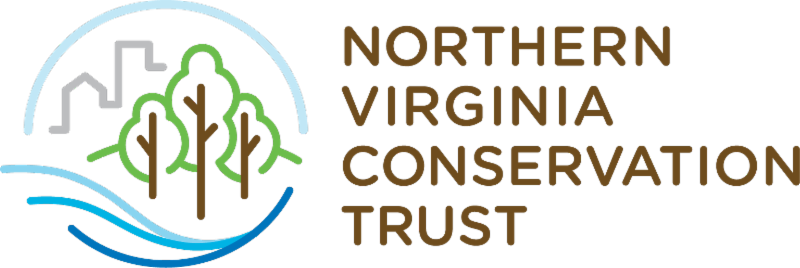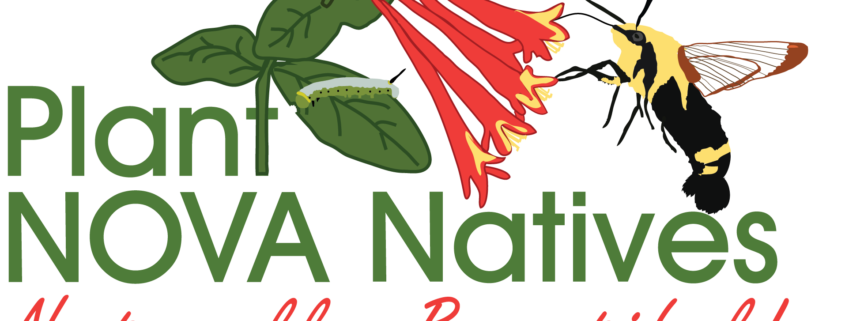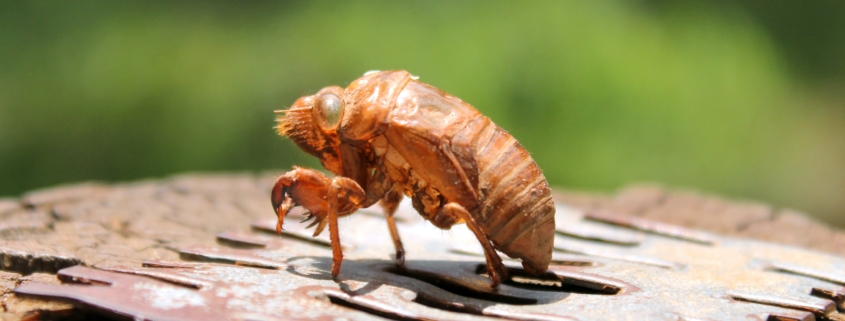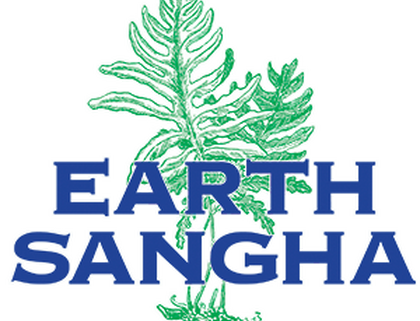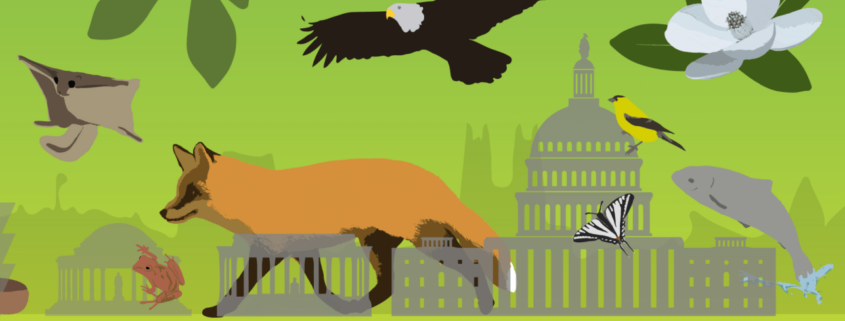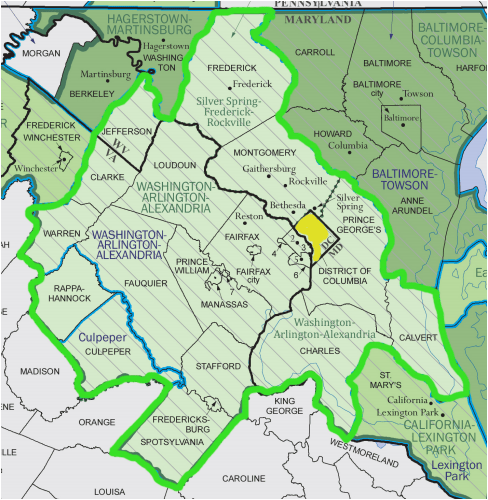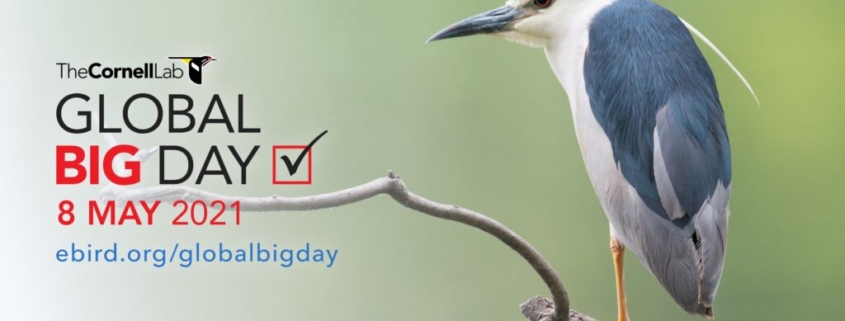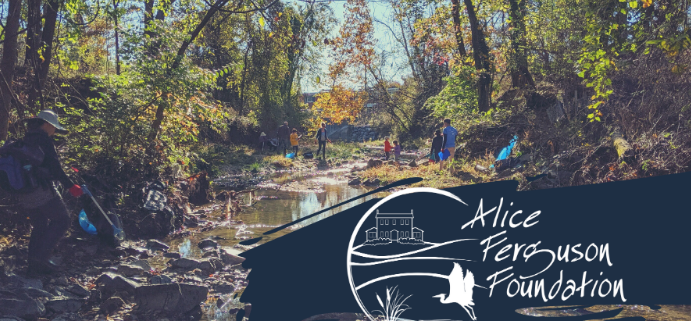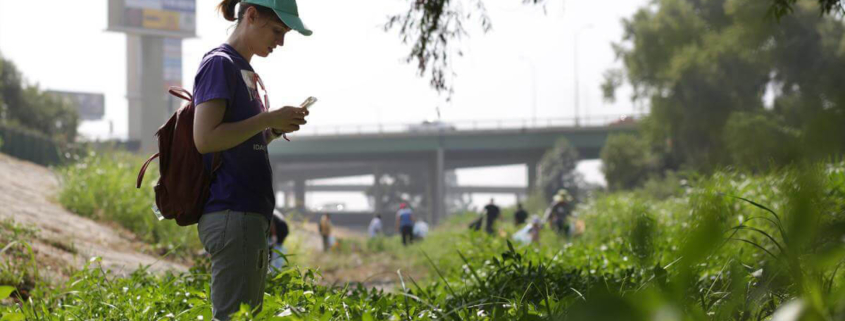Plant NOVA Trees Event Volunteers Needed
Plant NOVA Natives was launched in 2014 to promote and increase the use of locally native plants in Northern Virginia. One of nine campaigns within the state-wide Plant Virginia Natives marketing partnership, it is a grand coalition of governmental, nonprofit and for-profit organizations that have pooled their resources to work toward this common goal. The campaign’s success rests on the action of the millions of individuals who make up our Northern Virginia community.
Plant NOVA Trees is a new and focused drive by the Plant NOVA Natives campaign to significantly increase and preserve the native tree canopy in Northern Virginia. The drive will launch in September 2021 and continue through the fall of 2026.
They are looking for people who can organize some kind of tree-related public event sometime this fall. To launch the native tree campaign, they will be sponsoring a region-wide Celebration of Trees, September through November. They are hoping that numerous people in every county will help them create buzz.
Some ideas for events include:
Tree walks (For the general public, you would want to make it short, snappy and fun.)
Tree plantings (be sure to report them on My Tree Counts)
Removing invasives that threaten trees
Webinars
Labelling trees with their names or placing signs in front of trees describing their particular benefits to wildlife and humans
Creating a GPS map of your community’s trees
Collecting seeds from your trees to be sent to the state nursery that grows seedlings
Forest bathing, scavenger hunts
Tie yellow ribbons around old oak trees (and red ones around red maples, etc)
Geocaching
Fairy houses in the woods
Photo contests
Anything creative you can come up with!
They have a sign to mail to organizers as well as brochures, and where selling their Native Plants for Northern Virginia guides is an option, they can provide those. If you do put on an event, they would love to add it to their Celebration of Trees event calendar, so please let Margaret Fisher know at plantnovanatives@gmail.com.
The Fairfax Chapter recognizes the valuable work to be done by Plant NOVA Trees and recently donated $2,500 to the campaign. Funds will be used for promoting awareness of the program and for community tree identification projects. You may make your own donation here.



